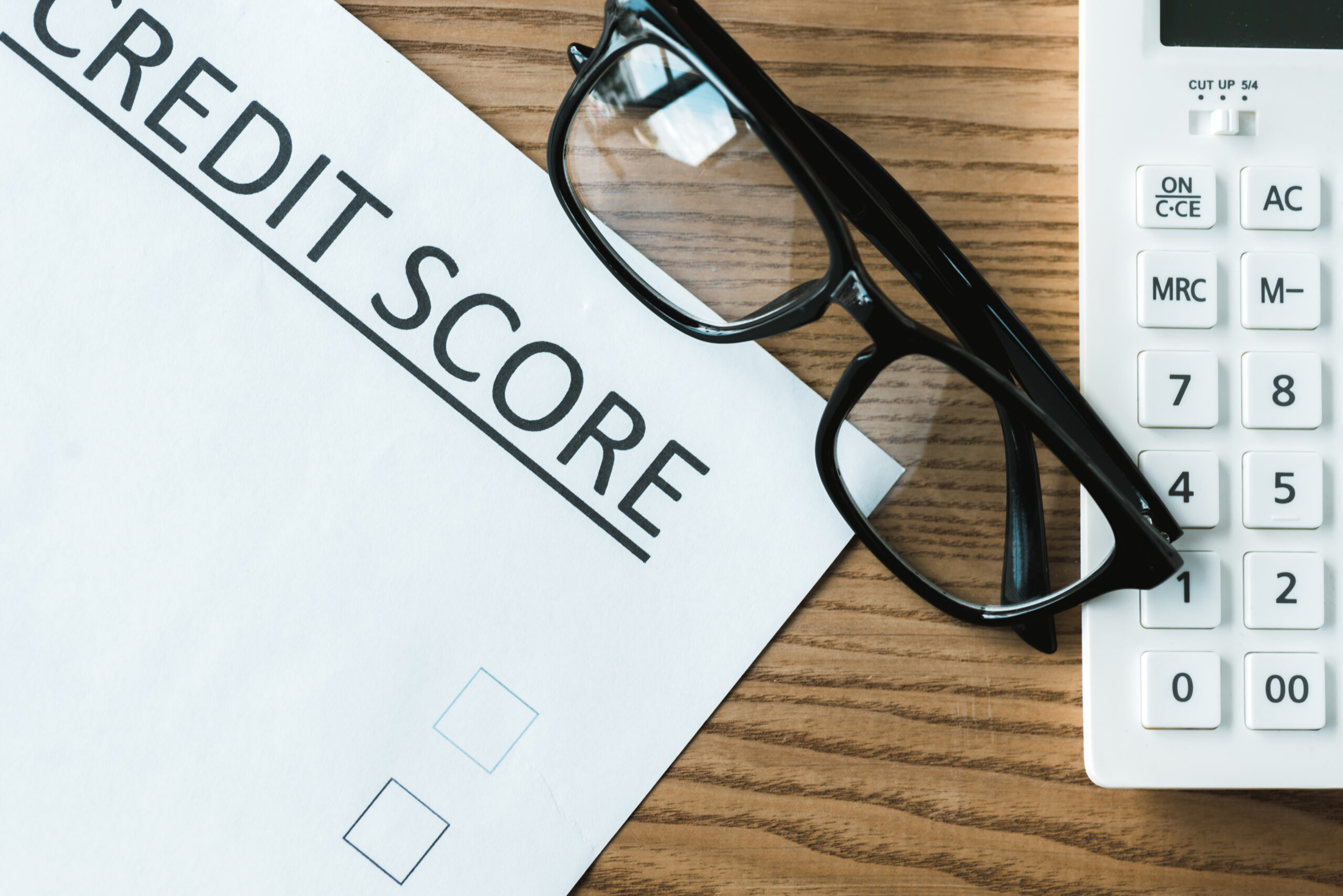How does one improve their credit score? Here are four key tips to help you build your credit profile this year.

Creating a personalized budget for your goals
One of the trickiest parts of budgeting is making it unique to you. How are you supposed to know what your personalized budget is supposed to look like? Budgeting can feel like a lonely road because one person’s plan won’t often translate to someone else’s lifestyle. Since our finances are all different, our budgets need to be as well.
Most of us are actively trying to save up for something, whether that’s a new home, a renovation, or a post-secondary fund. Although our individual plans will all look different, there are some common methods everyone can apply to their situations. Here are some tips to help you create a personalized budget that fits your finances, your goals, and your circumstances.
Know your goals
This seems obvious and unhelpful on the surface, but a lot of people try to create a personalized budget only having a vague idea of their money goals. When you want to save for a specific thing, you need to have a clear understanding of how much it will cost you, and what you need to save before you get there. It’s not enough to casually throw some extra money into a savings account once in a while. You can’t hope to successfully budget for anything before you have a grasp on the costs associated with it.
So, what are your goals? Do you want to buy a new home, do a big renovation, or go on a holiday? Many goals like these have variable pricing, so think ahead to your exact plans and calculate how much they are likely to cost. For example, you can find listings for homes similar to one you want. You can also read more about saving up for a down payment here.
Consider your financial lifestyle
Your budget needs to accurately reflect your spending habits. The whole point of a personalized budget is for it to fit your lifestyle and your finances. Even if you think you need to make some changes to the way you spend your money, you can’t expect to do so overnight. Start by making a list of everything you spend money on, both essential and nonessential items. What spending habits do you know you can minimize, and which ones do you need to keep as is? While you shouldn’t feel obligated to cut out your extra spending entirely, you might find some room for saving. Calculate your income and expenses, and how much flexible money you’re left with each month. From there, you can determine how you want to spend it.
Give yourself a realistic timeline
Saving money takes time, and saving for a specific big expense is a lengthy process. Whatever your financial goals are, be sure to give yourself lots of time to achieve them. If you’re trying to save up to buy a home, for example, you’ll likely need a few years to save for a down payment, depending on your existing savings. This may seem like a long time, but it’s a realistic and achievable timeline. You won’t help yourself if you only give yourself one year to save – you’ll end up feeling discouraged when it doesn’t happen on time.
On the other hand, be sure to set some sort of timeline. Giving yourself endless amounts of time might make it harder for you to actually start saving. When you have a firm goal in mind, you know exactly what you need to do to get there.
Use helpful apps
Sometimes, it feels like you need a hand organizing your budget and finances. It’s a big job, after all, and you don’t want to have to do it all alone. Luckily, there are several well-loved budgeting apps that can help keep you on track. Here are some of the best!
GoodBudget
GoodBudget uses the envelope system, which categorizes your money into envelopes based on spending categories like groceries, debt, etc. The idea is to spend from the designated envelope whenever you purchase something from that category, and stop when the money runs out. Instead of having physical envelopes, this app keeps track of your envelopes virtually, and it’s accessible on phones and computers. The envelope system is widely used and recommended for budgeting, and this app brings this method into the digital world.
Mint
Advertised as the top downloaded personal finance app, Mint helps you create custom budgets, track your spending, and monitor your credit score. You can connect all your bank and financial accounts to Mint, and it notifies you when subscriptions increase or bills are due. Mint is a free app that safely stores your data without selling it, so you can look back on your personalized budget plan’s history.
You Need a Budget
YNAB prioritizes long-term budget solutions, and smart spending that doesn’t feel too restrictive. You can set custom goals and get live insights on how they’re progressing, and receive reports and email support. YNAB also has the option of sharing an account with others, so everyone has access to budgeting and spending history.
Create frequent check-ins
Don’t spend all this time carefully calculating a budget just to forget about it. Check in with your budget often to see how you’re progressing, and whether you need to make any adjustments to meet your goals. Since your budget is likely to change with your personal and financial circumstances, you should treat it as a dynamic and living thing. At first, it might be hard to check in with your budget, especially if you see you’re not quite on track with it. Don’t be discouraged by this – it’s the only way you’ll know where you can make improvements. Your budget might take some trial and error to figure out, so don’t be afraid of inspecting it. Check in at least every month, but it never hurts to do so more often.
Try the 50/30/20 rule
The 50/30/20 rule is a super common budgeting method. This means you should be spending 50% of your spending on essentials, 30% on nonessentials, and 20% on savings or paying off debt. It’s a good general rule, but it needs to be personalized to each person. Not every individual will find these percentages fit their lifestyle perfectly, but it’s a good guideline to keep in mind.
Creating a personalized budget is a lot of work, but it’s an effective way to save up for your future goals. If you’re thinking about buying a home in 2021, reach out today! Give us a call at Centum Home Lenders at 506-854-6847, or get in touch with us here.



